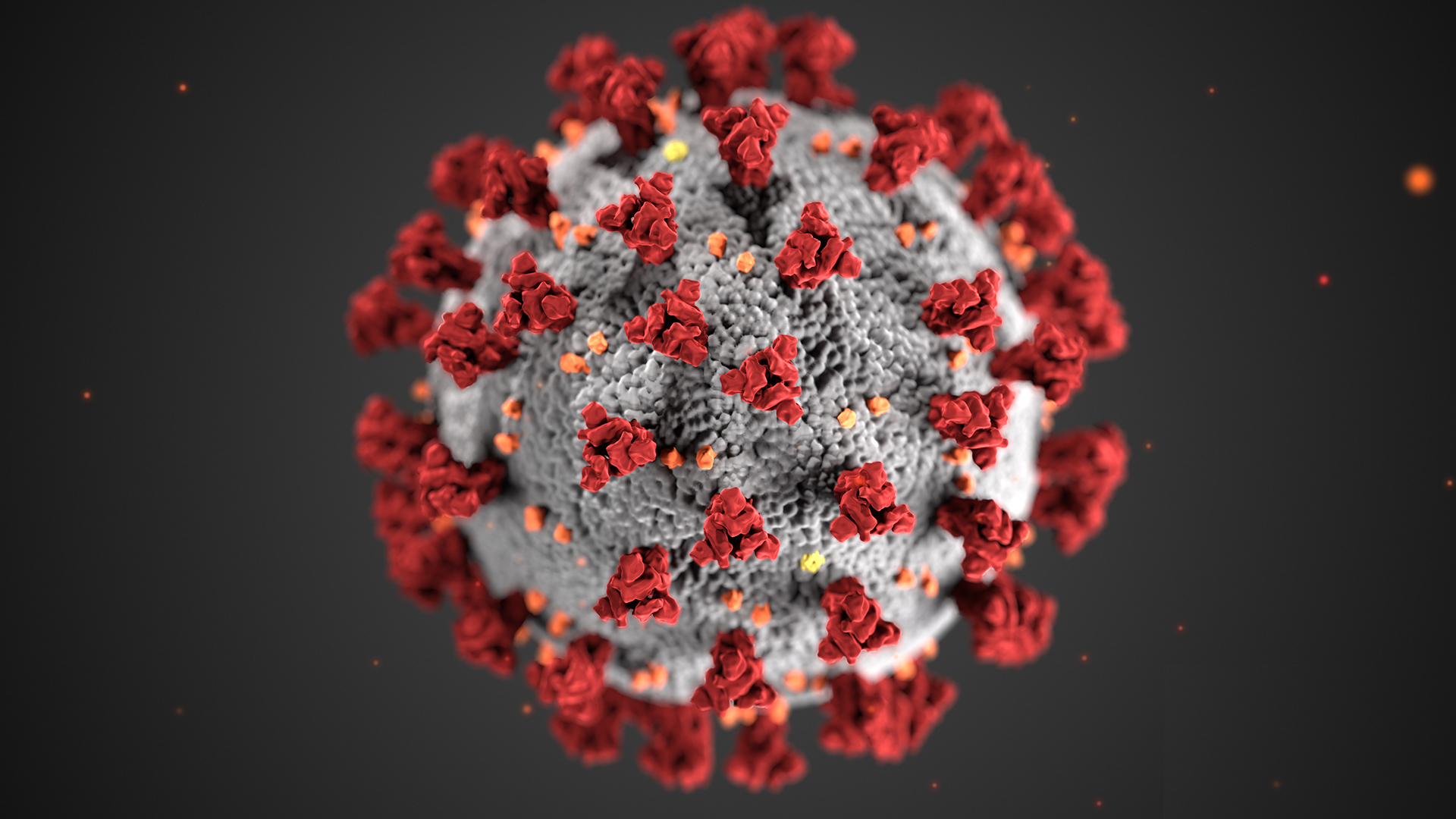New City, NY – – Rockland County Executive Ed Day and County Health Commissioner Dr. Patricia Schnabel Ruppert inform residents that Rockland County has a total of 31 positive cases of the novel coronavirus (COVID-19). Additionally, we are reporting a second death within Rockland County due to COVID-19. The decedent was 60 years old and had other health problems.
“COVID-19 is spreading in Rockland County and now, everyone is at risk for contracting this viral infection. These exposure dates are based on the onset of symptoms (per guidance from the NYSDOH and CDC) but there are reports that show that people can spread the infection to others before they are symptomatic. The best way to prevent and slow the spread is through ‘social distancing.’ Protect yourself and loved ones by staying home and avoiding settings and gatherings where people are closer than 6 feet or 2 meters apart,” said Dr. Ruppert.
Anyone who visited the following locations in Rockland County may have been exposed to Coronavirus (COVID-19) and must stay in quarantine until the end date listed for each location:
Jawonio PROS Program
Located at 775 N Main St, Spring Valley, NY
Potential Exposure dates: Wednesday, March 11, Thursday, March 12, and Friday, March 13
Quarantine must continue until Saturday, March 28
Follow these quarantine instructions:
STAY AT HOME:
You must stay away from other people for the entire quarantine period.
You cannot go to work, school, religious services, or any other public place.
You should not have guests in your home.
As much as possible, you should stay in a specific room and away from other people in your home.
You should restrict activities outside your home, except for getting medical care.
You should use a separate bathroom, if available.
If you need to share a bathroom, you must clean the bathroom after you use it every time.
FACEMASK IF NEEDED:
If you must be around other people, you should wear a facemask (e.g., sharing a room or vehicle).
If you need to visit a healthcare provider’s office, put on a facemask before you arrive.
If you are not able to wear a facemask (for example, because it causes trouble breathing), then people who live with you should not be in the same room with you, or they should wear a facemask if they enter your room.
NECESSITIES:
Food and other items that you need should be left outside your room door.
HYGIENE:
You should not share dishes, drinking glasses, cups, eating utensils, towels, or bedding with other people.
After using these items, they should be washed thoroughly with soap and water.
Routinely clean and disinfect frequently touched objects and surfaces.
Wash hands often with soap and warm water for at least 20 seconds.
Avoid touching your eyes, nose, and mouth with unwashed hands.
Cover your mouth and nose with a tissue or your sleeve (not your hands) when coughing or sneezing. If you use a tissue, throw it in the trash.
IF YOU FEEL SICK:
If you feel sick, call your private physician for further guidance.
Additional guidance from the CDC on preparing your household for Coronavirus is available on the Rockland County Department of Health COVID-19 website: http://rcklnd.us/covid19.
Updated numbers of individuals under quarantine are not currently available due to the rapidly changing nature of this situation. The Rockland County Health Department is following CDC and New York State Department of Health protocols.
If you need to buy important items like food and medication and are at higher risk for COVID-19 (Visit http://bit.ly/CDCCOVID-19High-Risk to learn who is at most risk for serious illness), consider using online grocery delivery or pick up services which are available from local stores and national internet-based companies. EBT cards are accepted by many vendors online. Visit http://bit.ly/38Uw4Nq for information about local retailers that accept EBT. If you need emergency food assistance visit https://regionalfoodbank.net/find-nearest-agency/.
If you have any concerns about COVID-19, call the New York State Department of Health’s Novel Coronavirus 24-hour hotline at 1-888-364-3065 to speak with a NYSDOH expert who will answer questions.
READ FULL PRESS RELEASE HERE


 Police/Fire/EMS1 week ago
Police/Fire/EMS1 week ago
 Community1 week ago
Community1 week ago
 Politics1 week ago
Politics1 week ago
 Government1 week ago
Government1 week ago


















